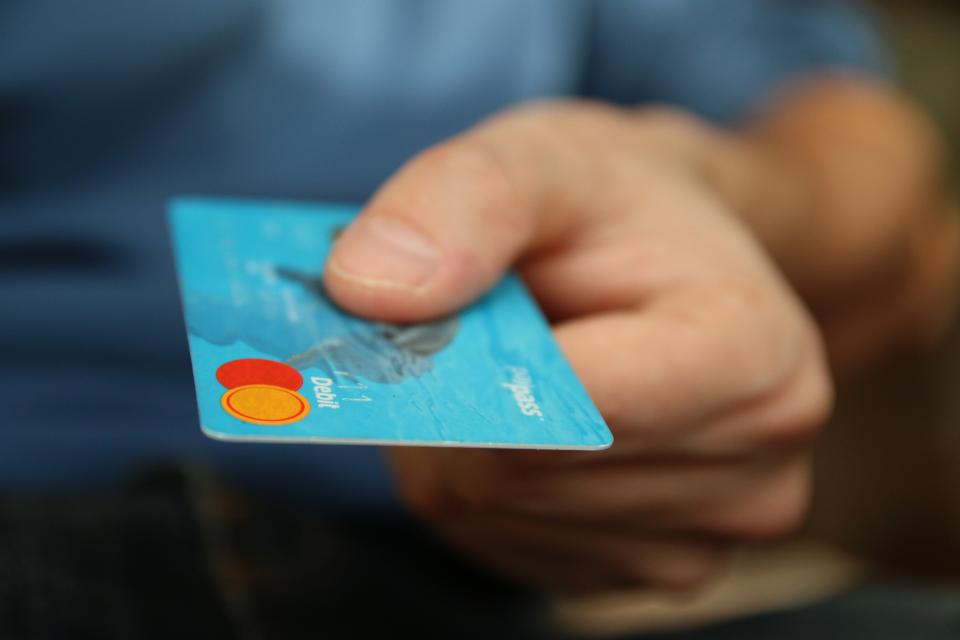Credit and Debit Cards Abroad
In our increasingly cashless society, it's important to understand how and where you can use your plastic while you're abroad. Here are some tips and answers to common questions about using debit and credit cards abroad.
Credit and Debit Cards
You may already have a debit card from your bank, and that can be used abroad...sometimes. Whether or not your debit card works abroad is up to your bank, so check with them. Either way...if you don't have a credit card already, think about getting one.
We know, you're a student, and you might not have much of a credit score built up just yet. This can make getting a credit card difficult, but ask your bank or another credit card provider if your parents could co-sign for a card with you. Not only would that help you get the credit card, it's also a great way to start building your own credit.
Be aware that credit cards:
- Typically offer more fraud protection than debit cards.
- May have fees for international purchases.
- Need to have a chip and PIN to be accepted at most places abroad.
Whether you prefer to use a credit card or a debit card, having both can be useful. If you're unlucky enough to have one card stolen (physically or digitally), you'll be able to report it and freeze one account, while still having access to your second account.
Which Credit Cards are Accepted Abroad?

Just like here in the U.S., not all credit cards are accepted by every merchant abroad. A card with the Visa or MasterCard logo will be your best bet, but even then, you should keep some cash on you.
American Express is less popular abroad, and you will find some merchants refuse to accept it. Discover is essentially a U.S. only card, so leave it at home. Most merchants haven't heard of it and won't accept it.
And be aware that not every country in the world is as crazy as the USA about paying for everything with plastic. In many countries you’ll be expected to pay for smaller purchases (like a cup of coffee) with actual money, so it’s important not to rely exclusively on debit and credit cards while you’re abroad.
Call Your Bank
No matter how long you'll be out of the country, make sure you call your bank and credit card providers before you leave. You'll need to let them know that you're traveling abroad, and specifically they'll need to know where and when. Once they know, they'll unlock your card so that it can be used internationally (in the places you mentioned), and they won't immediately shut it down for fraud. One of the worst financial things that could happen is realizing that your bank or card company has frozen your account, and you have no access to your money (at least until your bank opens the next day).
Every card has a phone number on the back where you can contact your bank or the company to report issues, such as your card being lost or stolen. Be sure to keep that number in your phone or written down somewhere, or leave it with your emergency card stateside in case you need to call it.
Cards vs Cash
- Some cards may offer rewards for international purchases.
- Some cards may have fees associated with international purchases.
- There's more fraud protection, and you can close the account if your card is stolen.
- Not all countries use cards as much as the U.S., ask a merchant before making a purchase.
- There may be a minimum amount to be paid before you can use a card.
- Most banks or card companies will charge a fee when you withdraw cash abroad.
- If your cash gets stolen, there's no magic wand to get it back.
- Your cash will rarely, if ever, be turned away when you're buying something.
- It's typically cheaper to withdraw cash using your debit card rather than your credit card.
- You can be a little more "local" by using local money.
